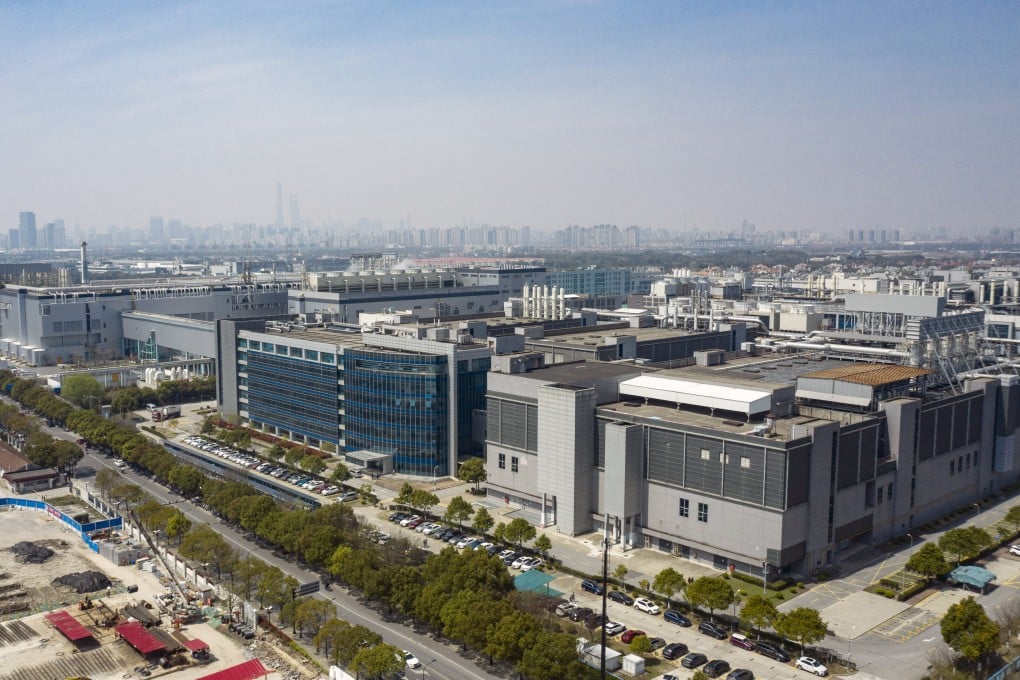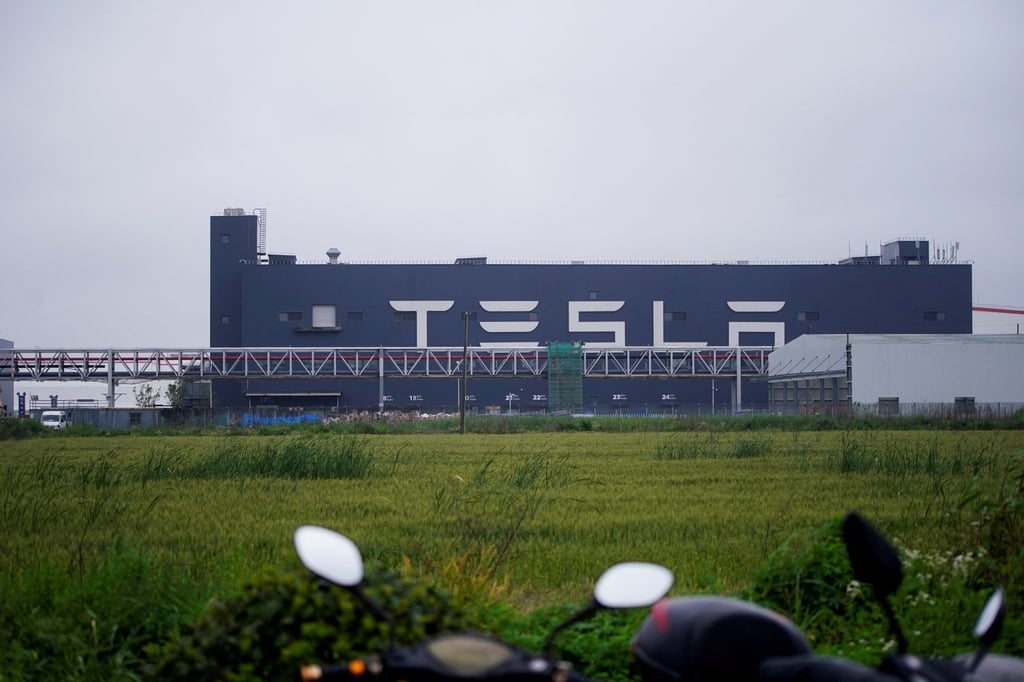Shanghai lockdown: China struggles to maintain key supply chains amid ‘dynamic zero’ Covid-19 policy
- Only 70 per cent of the 666 approved Shanghai enterprises had resumed some level of production as of Sunday, Chinese media reported
- Tesla, along with other high-profile carmakers, are given preferential treatment for being ‘companies that must resume production’, according to local authorities

Shanghai authorities are struggling to keep the supply chains of key industrial sectors like cars and chips on track amid the city’s ongoing Covid-19 lockdown, with fewer than three quarters of the several hundred enterprises that received a green light to resume production a week ago able to do so.
“A supply chain only works if all the links are acting equally in unison,” said Tu Le, managing director of mobility consultancy Sino Auto Insights. “That includes workers at the manufacturers and suppliers [and] truckers on the inbound and outbound side … if any one of those links fails, the entire system may run slowly or not at all.”
China’s efforts to keep the Covid-19 Omicron variant under control have led to rigid local testing and quarantine regimes that have fragmented the country into impenetrable blocks. The problem has become so serious that Vice-Premier Liu He has instructed local authorities not to delay truck drivers on the road for testing.
The requirement for closed loops means that workers must sleep on site with zero outside contacts. Most factories can accommodate only a small fraction of their full workforce on site, so even if production resumes, it is usually at greatly limited capacity. For example, Tesla’s Shanghai electric vehicle factory was operating at 50 per cent capacity.
Chip makers have been able to continue producing wafers because they can house workers in existing dormitories. Hua Hong Semiconductor, a Shanghai-based wafer foundry, ordered more than 6,000 of its workers to stay at its dormitories to minimise disruptions to production, according to a local television news report earlier this month.
However, chip makers face logistical bottlenecks in shipping goods in and out of the city. “What can be produced can’t be shipped out,” said Lei Bai, a Shanghai-based integrated circuit sales manager.
